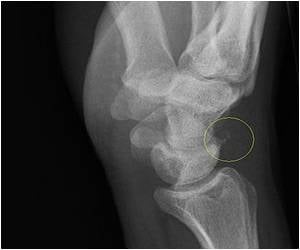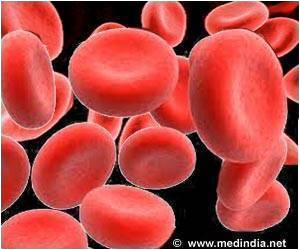Scientists at the National Institute of Allergy and Infectious Diseases (NIAID) examine research under way to address the limitations of currently available influenza vaccines

The authors discuss the spectrum of ongoing influenza vaccine research that may transform the field in decades to come. Efforts to grow the vaccine virus in cells rather than eggs are currently under way and there is consideration of the addition to influenza vaccine of immune-stimulating adjuvants to be used in certain groups of individuals. Other approaches under development include influenza vaccines based on recombinant virus proteins, non-infectious virus-like particles, harmless vectors or influenza DNA. Also under intense study is the ultimate goal, a so-called universal flu vaccine that would provide protection against multiple strains of influenza, reducing the need for yearly flu shots while simultaneously protecting against novel flu viruses that may arise in the future.
To further protect vulnerable populations such as the elderly and those with underlying chronic diseases from seasonal influenza, as well as to quickly control the spread of potential pandemic influenza viruses, influenza vaccine makers of the future must employ novel production technologies, the authors note.
Source-Eurekalert














